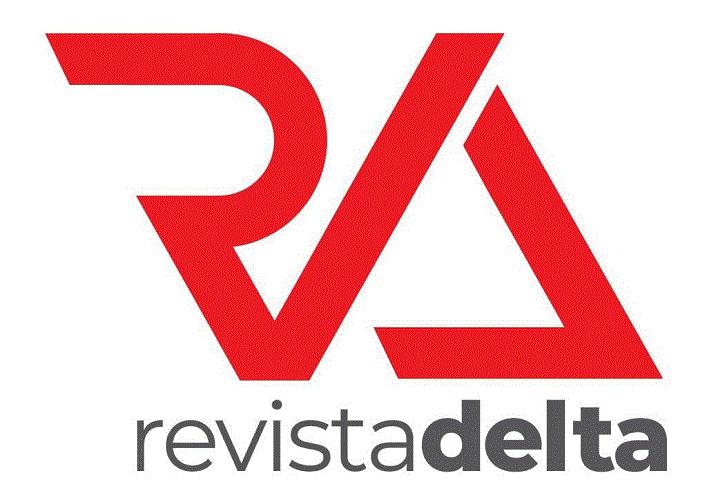PRESENTATION
As Topics of Systemic Functional Grammar in Latin America
As editor of Delta, for the first time I took the liberty of suggesting the publication of a Special Issue taking into account my personal interests. This issue contains plenary Talks and Round Tables presented at the IV Congress of the Latin American Sistemic Functional Linguistics Association (ALSFAL), an association I have the honour of acting as president of its coordinating committee at the moment. The Congress took place at the Universidad Federal de Santa Catarina, in Florianópolis, Santa Catarina, from the 1st. To the 3rd. of October, 2008, under the competent organization of our colleague, José Luiz Meurer. There were about 300 participants, most from Brazil or Argentina, the Latin American Countries that concentrate more systemicists.
The congress consisted of Plenaries, Round Tables, Papers and Posters as well as mini-course on areas of interest o Systemic Functional Linguistics (SFL). The content of the activities clearly reflect the theoretical and applied interests of SFL, covering research in the most varied areas of communication in society, A expected in a meeting of systemicists all sessions were occasions to discuss social issues that worry our communities and that, I believe, will contribute to reflection and action of researchers in Applied Linguistics and to agents of change in the several areas involved.
Three of the plenarists offered their papers to this volume. Three round tables including some of the debate around them were written for this volume following each a different form of organization.
Oteiza's talk discusses the discourse of the Comisión Nacional de Verdad y Reconciliación Chilena de 1991 (the 1991 National Committee for the Chilean truth and Reconciliation, on human rights in Chile. It analyses the evaluative resourses and the verbal and mental projections used, to explain the possible causes for violation of human rights during the military dictatorship (1973-1990).
In his talk, Martin discusses the roles performed by young offenders in reconciliation meetings in Australian Justice, starting with the analysis of an informal text by one of his children compared to one of one of those adolescents, in order to discuss the implications involved.
Vasconcelos's talk shows the development of translation studies in Brazil, from the late 1990"s, with the development of SFG studies with the aid of corpus methodology and systemically annotated corpora.
As for the Round tables, the table The Language of School Texts, Learning, Ideology and the development of citizenship had the collaboration of researchers from three of the Spanish speaking Latin American countries present (Argentina, Chile & Colombia). It discussed verbal and no verbal aspects of school texts used in those countries in different levels of schooling in social and natural sciences, presenting suggestions for comprehension and usage of the features in those texts
The table SFG and Language teaching in Latin Contexts, dealt with both native and foreign language teaching, insisting on the importance of theory but only related to practice. The importance of describing both Spanish and Portuguese within the systemic framework was also dealt with; specific metafunctions should be focused, taking into account context and, at least at university level, specific genres.
The third round table, Interactions with SFT, as opposed to the previous one that concentrated on the same problem, focused different social issues. Gouveia dealt with the teaching of grammar in schools along similar lines as discussed simultaneously in the table above, raising the importance of the theory subordinated to practice but also showing the advantages of SFG over traditional approaches and over other linguistic theories. García da Silva analised the representation of poverty in the midia and also by the homeless. Figueiredo, on the other hand dealt with the representation of social genre. Both argued the advantages of joining SFL and Ctitical Discourse Analysis (ACD), , as closelly related and designed to deal specifically with questions of language as social practice.
Last but not least, I would like to thank the plenarists and participants of round tables that made their papers available for this publication; Professor Meurer for getting some of the most important figures in SFL to Brazil and for the whole organization of the IV ALSFAL whose success gave as an opportunity to evaluate the strength of ALSFAL in such a short time, my last special thank you is for Profesora Lucía Natale, from Universidad Nacional de General Sarmiento (Buenos Aires, Argentina), one of the Secretaries of ALSFAL y co-organizer of this volume, who, among other things was the link between the journal and the authors.
L.B.
Editora
Publication Dates
-
Publication in this collection
21 May 2010 -
Date of issue
2009

